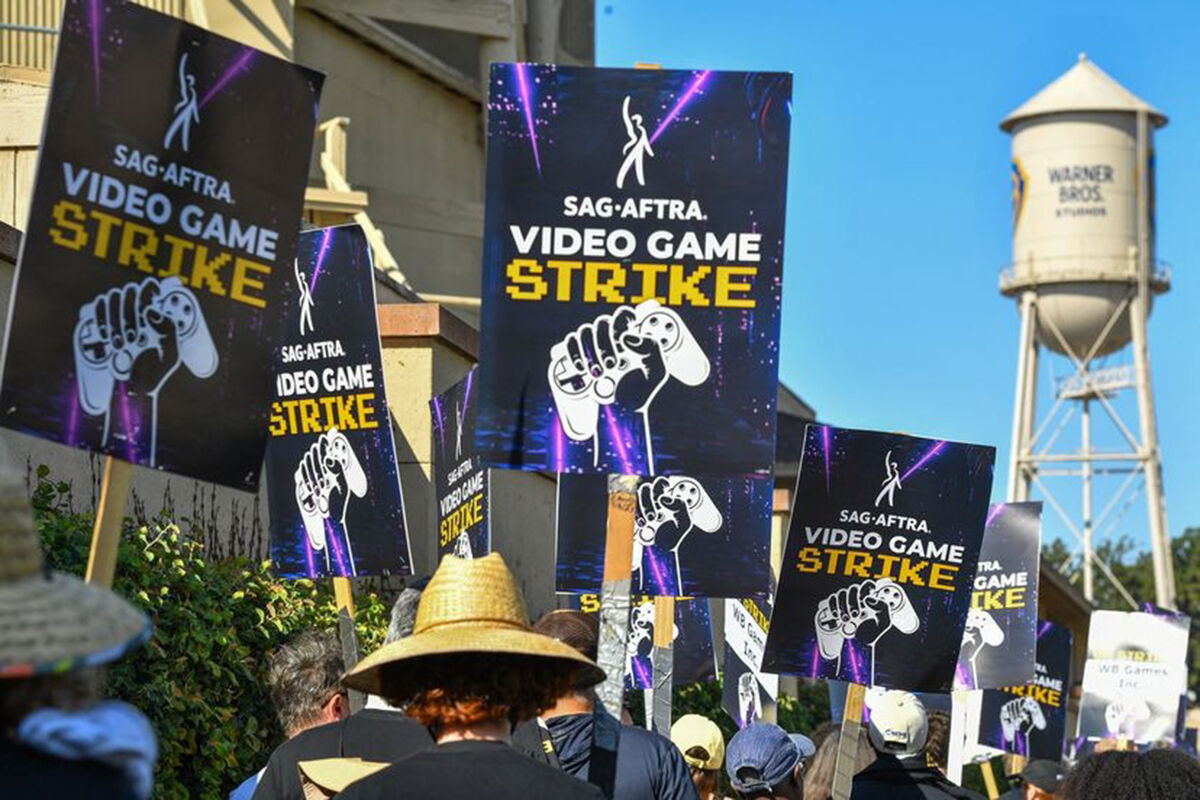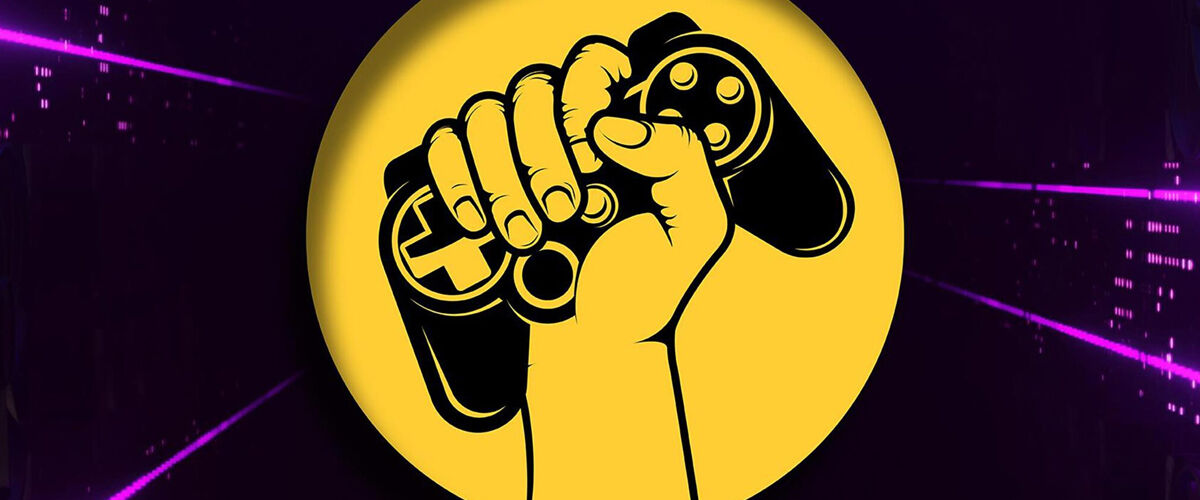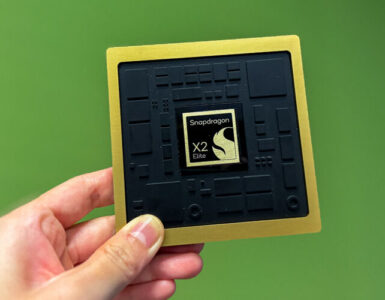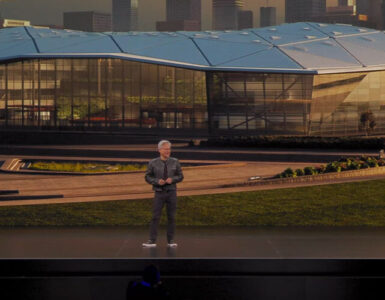The picket lines are picking up, as video game performers and Hollywood actors continue to protest against the lack of protection from unregulated artificial intelligence (AI) use. Members of the Screen Actors Guild began striking on 26 July, after negotiations focused on AI-related protections for workers fell through.
The ongoing movement prevents over 160,000 SAG-AFTRA (Screen Actors Guild-American Federation of Television and Radio Artists) members from taking new video game projects and affecting titles that are already in development. Major industry players included in the strike are Activision Productions, Blindlight, Disney Character Voices, Electronic Arts , Formosa, Insomniac Games, Llama Productions, Take-Two Interactive, Epic Games, WB Games, and more.
“Although agreements have been reached on many issues important to SAG-AFTRA members, the employers refuse to plainly affirm, in clear and enforceable language, that they will protect all performers covered by this contract in their AIlanguage,” said the guild, which represents voice and motion capture performers in video games, in an official statement.
“We’re not going to consent to a contract that allows companies to abuse AI to the detriment of our members,” added president Fran Drescher. “Enough is enough. When these companies get serious about offering an agreement our members can live — and work — with, we will be here, ready to negotiate.”
While the union and video game bargaining parties were able to agree on a handful of proposals, AI proved to be the major sticking point. The initial plan only offered protections to voiceover talents, and was later extended to motion performers. However, they need “to be identifiable in the output of AI digital replica”, which means certain categories of performers, such as stunt actors, motion specialists, and the like will be left out in the cold.
The key to understanding who would be protected, according to SAG-AFTRA’s negotiating committee, lies in the studios’ definition of a “performer”. There are also other concerns, such as using an actor’s previous performances and likeness to create synthetic characters without consent and fair compensation.

Amid the strike, EA has addressed discussions on its impact on the industry. In its latest earnings call, CEO Andrew Wilson stated that the company isn’t anticipating “any significant short-term impact”, with his full quote as follows (via IGN):
“We deeply value our talented actors who are an important part of the work we do to deliver the incredible entertainment experiences that our players enjoy around the world. We’re working very closely; this is not an EA-specific situation, this is an industry-specific situation, and we’re working diligently to negotiate at the table.
“The way it works now in terms of our product specifically is that the strike is limited to games commencing production after September 2023, including live service games. So we don’t expect any near-term disruption to any of the games we have in development or any of the live services we’re currently running. That being said, we’re committed to continuing to bargain in good faith and are hopeful that the parties can expediently resolve our issues at the bargaining table. But we’re not anticipating any significant short-term impact at EA.”
The last SAG-AFTRA video game strike was in 2016, securing increased fixed wages, improved safety assurances on set, and more for performers after 11 months. Last year, Hollywood writers and actors also took to the picket lines to fight for higher pay, better working conditions and pension benefits, as well as safeguarding measures against AI, among others.















